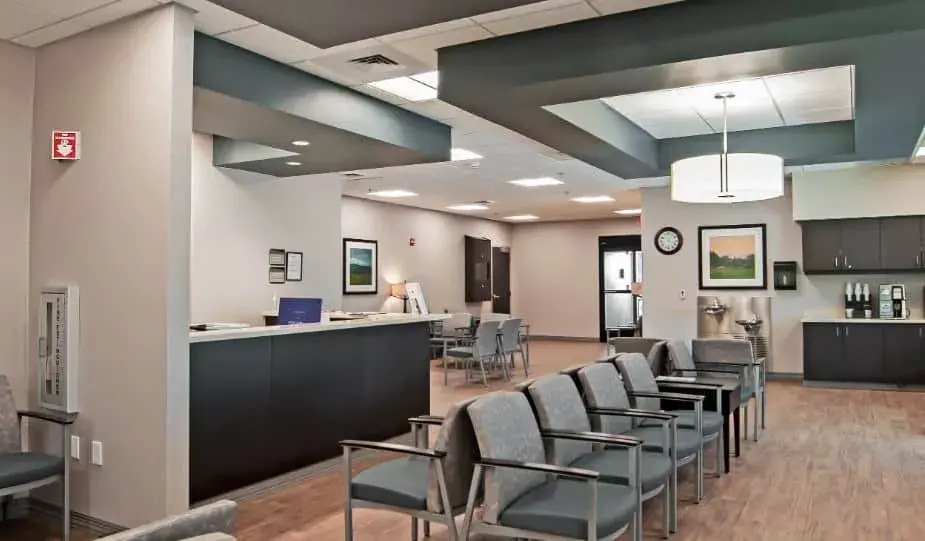In the competitive landscape of New York City, securing the ideal medical office space involves more than just selecting a location; it demands a meticulous assessment of lease conditions that align with the specific needs of a healthcare facility. Factors such as proximity to hospitals, transportation accessibility, and the demographic profile of the surrounding area play pivotal roles in the decision-making process. Moreover, understanding the complexities of lease agreements, which encompass aspects like tenant allowances, build-out options, and flexibility in lease terms, is essential. This nuanced approach not only ensures the suitability of the space but also positions a medical practice for operational efficiency and growth. What remains to be seen, however, is how these elements interact to either streamline or complicate the journey towards finalizing a lease agreement.
Identifying Strategic Locations
When selecting a strategic location for a medical office in NYC, it is crucial to consider proximity to major hospitals, accessibility for patients, and local demographic trends.
Establishing your practice near well-known medical centers enhances credibility and facilitates seamless referrals or emergency support.
Accessibility, including proximity to public transportation and major roadways, ensures that patients can reach your office with ease, a vital factor in patient retention and satisfaction.
Furthermore, analyzing demographic trends within neighborhoods—such as age distribution, population density, and prevalent health issues—can guide you in tailoring services to meet the specific needs of the community.
This strategic alignment not only fosters a sense of belonging among your clientele but also positions your practice for sustainable growth and success.
Negotiating Your Lease Terms
Navigating lease negotiations requires a thorough understanding of terms that can significantly impact your medical practice’s operational and financial health. Engaging in these discussions with a well-versed real estate attorney or a consultant specialized in medical properties can be invaluable.
Key elements such as lease duration, renewal options, and termination clauses should be meticulously analyzed to align with your practice’s long-term goals. Additionally, scrutinizing the specifics about tenant improvements, responsibility for repairs, and escalation clauses can prevent unforeseen expenditures.
Learn more:

